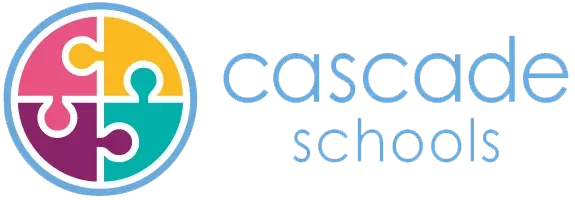The aim of Physical well-being at Banks House School is to maximise opportunities for functional movement, whenever and wherever possible, continually throughout each day. The emphasis is on learners seeing this as a lifestyle choice in the hope they will continue to remain physically active throughout the whole of their lives. The role of the teacher is not so much to instruct, as to lead learners into truly believing that the healthy options are the ones they want to adopt. With this in mind all teaching related to My Physical Well-being has the key learning intention of how can I ensure that the learner will want, and be able to, carry on being active outside of school.
We look at four specific areas at Banks House School:
- Sensory circuits (activities are offered in the woodland, sensory garden and at the FDC)
- Rebound Therapy (students have access to a gymnastics centre and trampoline parks)
- Other play based activities (students access, horse riding, boccia, new age curling, cycling, climbing, assault courses, archery, football, short tennis, pickleball, netball, athletics, basketball and table tennis
- Aquatics (swimming features on our timetable weekly, canoeing)
My Play and Leisure – Play is fundamental in the development of both the child and the adult that the child will become. It is a crucial way of learning within a safe environment, here at Banks House school play and leisure activities are embedded in all aspects of our curriculum. The aims of My Play and Leisure are to:
- Experience interaction with others
- Learn about social interaction
- Practice and develop social communication
- Encourage in the making of friendships
- Learn new skills in a safe environment
- Explore own body and senses
- Develop kinaesthetic senses
- Explore the surrounding world
- Develop a safe understanding of emotions of both self and others
- Develop fine and gross motor skills
- Develop flexibility through thought
- Develop Theory of Mind
- Develop Central Coherence
On top of all of these, Play is essentially about HAVING FUN and with FUN comes with a multitude of learning opportunities.
My Dance – Responding to life’s rhythms is an innate drive in us all. We all come into the world with a rudimentary ability to move. We all have a body with parts that can move, internally and externally.
We use our body to experience our internal landscape and the world around us, by noticing our inner sensations, moving through space and connecting with others.
Here at Banks House School we use dance and movement in education to enhance our understanding of ourselves, others and the environment. Our students develop:
- Awareness of their body and its possibilities
- Control over their musculature in order to be able to adjust their strength and tension to give movement an expressive quality.
- Harness movement in different combinations
- Execute actions with control, balance, coordination, poise and elevation
- Transfer weight onto different parts of the body
- Execute transitions between actions smoothly and fluently
- Learn to make contact between their body and the body of another/others
Our dance curriculum allows students to develop bodily confidence and knowledge and give them a forum to express an idea or feeling.



